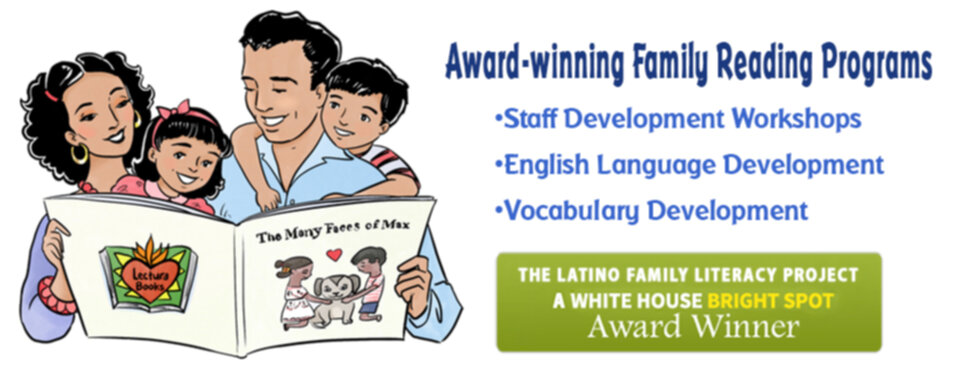Arriving at elementary school ready to learn is invaluable to all young children, as delays in the early years of education can be very difficult to overcome. This is especially true for children who do not hear or speak the language predominantly used at school in their own homes. It is very beneficial if the early building blocks of learning in reading, math, and socialization are in place, or at least in play, before school begins. There are a variety of ways that school readiness can be boosted, such as through providing children with high-quality publically funded early care programs and through empowering families to support their children’s educational development at home.

Unicef conceptualizes school readiness in this way, “children’s readiness for school; schools’ readiness for children; and families’ and communities’ readiness for school.” This framework highlights that families and communities play a big role in children’s school readiness. As Head Start tells us, “children with supportive home learning environments show increased literacy development, better peer interactions, fewer behavior problems, and more motivation and persistence during learning activities.” Parents need to be empowered with tools to support children’s learning at home and need to feel connected to and supported by the local educational community. When children are enrolled in early care programs, teachers can boost parent involvement by sharing meaningful information with families, sending home bilingual learning materials and books to Spanish speaking homes, and requesting and listening to parent feedback. Preschool programs can work to incorporate home visits, parent education, and community outreach in their curriculum. With these strategies, children will arrive at school with increased and vital readiness, confidence, and support.
The local education community also has to strive to be accessible to all families and has to provide high-quality early education in reading, math, and social skills. The Public Policy Institute of California shares that “the children of immigrant parents constitute a large subset of disadvantaged children, and of special concern are linguistically isolated children, that is, children who encounter little or no English in their homes.” They also inform us that children of immigrants make up around half of the preschool aged children in California, of which about 20 percent are in the linguistically isolated subset, and that only one-third of this subset participates in center based preschool care programs. Ensuring that disadvantaged children have increased access to these programs through targeted enrollment initiatives can be a powerful step forward in boosting school readiness for this population. School readiness makes the transition to school less traumatic for the child and family and gives students a strong foundation on which to build their educational future.
Lectura Books has exceptional bilingual children’s books for Infant & Toddler and Preschool ages that will encourage Spanish and English speaking parents to read to their young children. This can be a useful tool to help children to be ready for elementary school.
